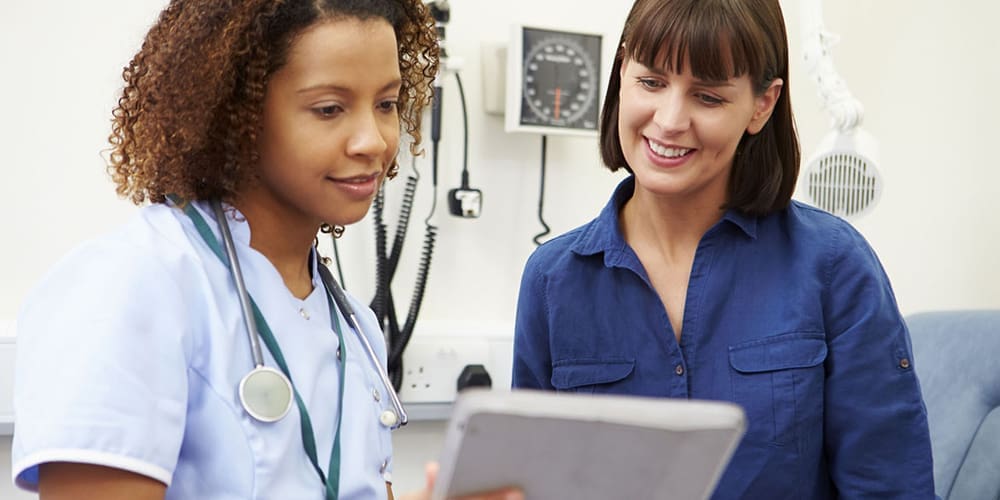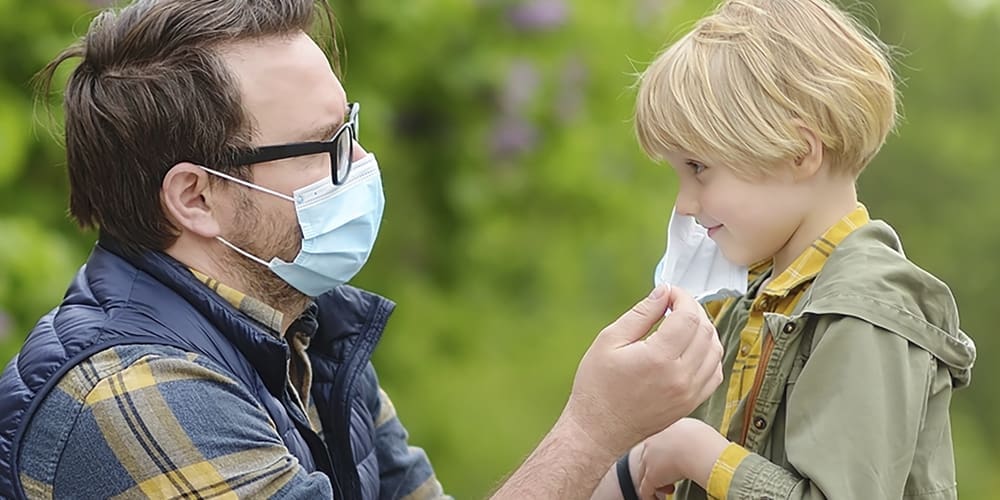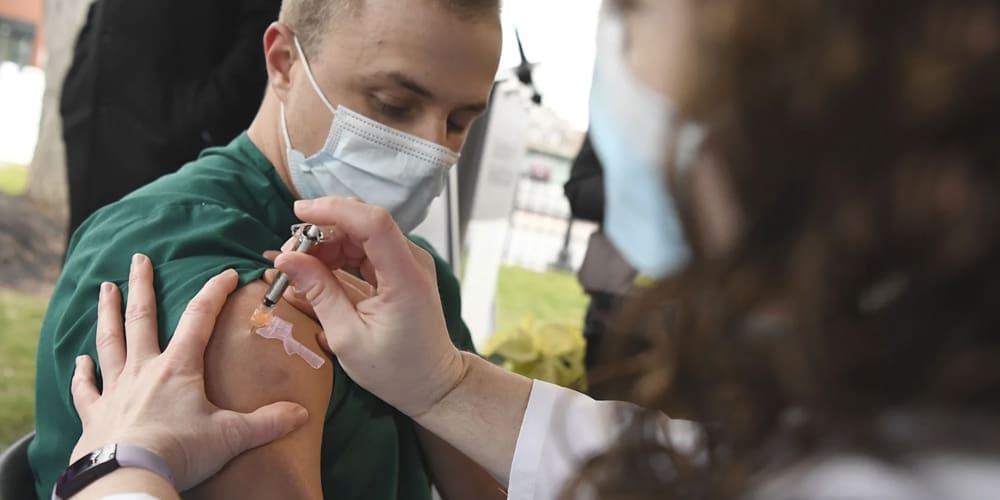Dear AHF Employees,
Hi, I’m Dr. Wohlfeiler, the Chief Medical Officer for AIDS Healthcare Foundation in the United States. The COVID-19 vaccine rollout is underway across the nation. Every AHF healthcare center and pharmacy registered early on to be vaccine administration sites. Some of our healthcare centers have already received vaccines and administered them to patients and staff who meet the local eligibility requirements.
Right now, we’re vaccinating people 65 and over, frontline healthcare workers and, where state laws allow, people with HIV. We expect to see more eligibility tiers open up as the supply chain rapidly expands.
We expect supply to ramp up because a new COVID vaccine is now available. The new vaccine is from Johnson & Johnson and unlike the other vaccines, it only needs one dose and doesn’t require refrigeration. So, to summarize, there are now 3 vaccines available in the U.S. - the 2-dose Pfizer and Moderna vaccines and the new single-dose J&J vaccine.
Providers like AHF can’t choose which of the approved vaccines they receive. While the effectiveness of each vaccine is different, it’s our view as well as the view of the CDC that staff and patients should take whichever vaccine they can access earliest. Each of the vaccines will provide protection against the virus. And the more of us who have immunity, the safer we will be. So, please do your part and get vaccinated.
If you have not been able to get the COVID vaccine by the time AHF starts our vaccination program, be assured that AHF will make the shot available to you as soon as possible.
I encourage you to check this website frequently for updates about where and when you can receive your COVID vaccine. Also, please refer to the FAQs section for more information.
With best regards,
Wolfy
Michael Wohlfeiler, JD, MD
Chief Medical Officer
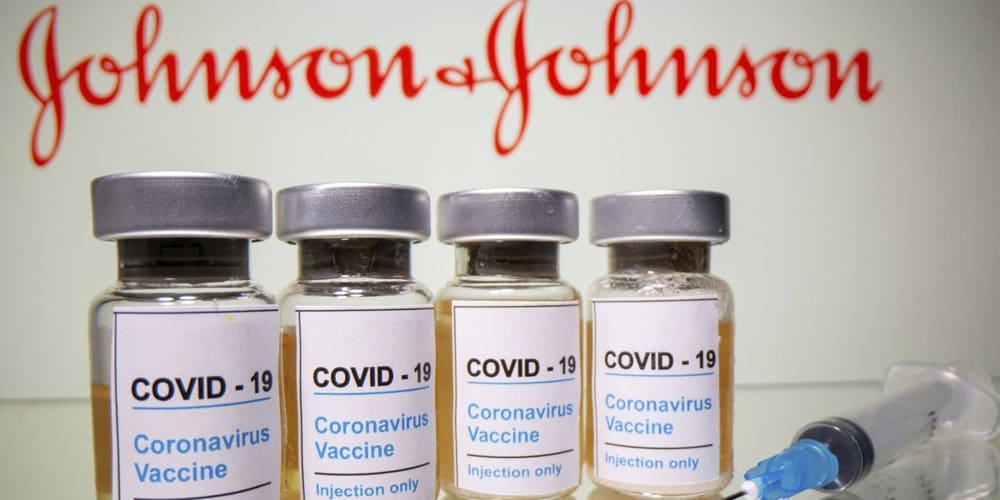
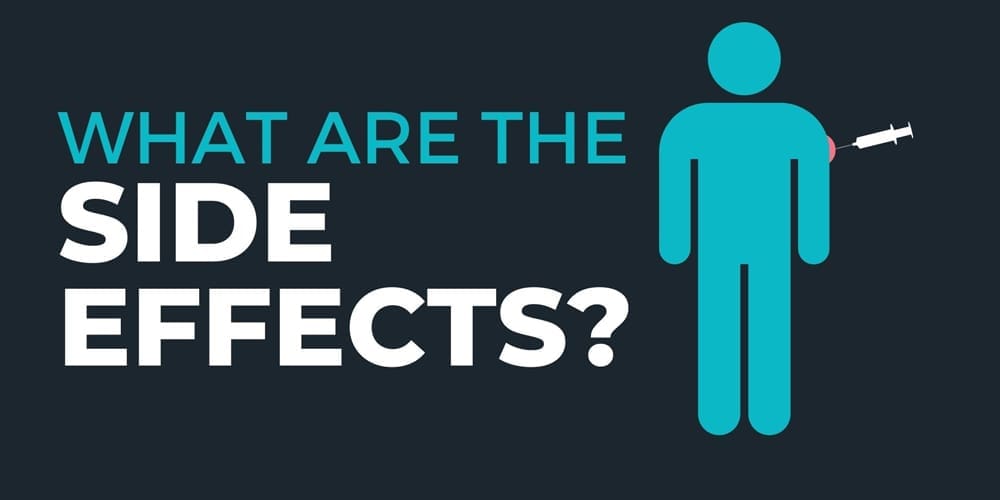
Most side effects are mild – like arm soreness or tiredness. Some people have symptoms that feel like the flu – chills, headaches, but these only generally last a day and can be treated with Tylenol or acetaminophen and rest. If you have these symptoms – you do not have COVID! Rather, they are a sign that your body is doing its job in developing antibodies to protect you.
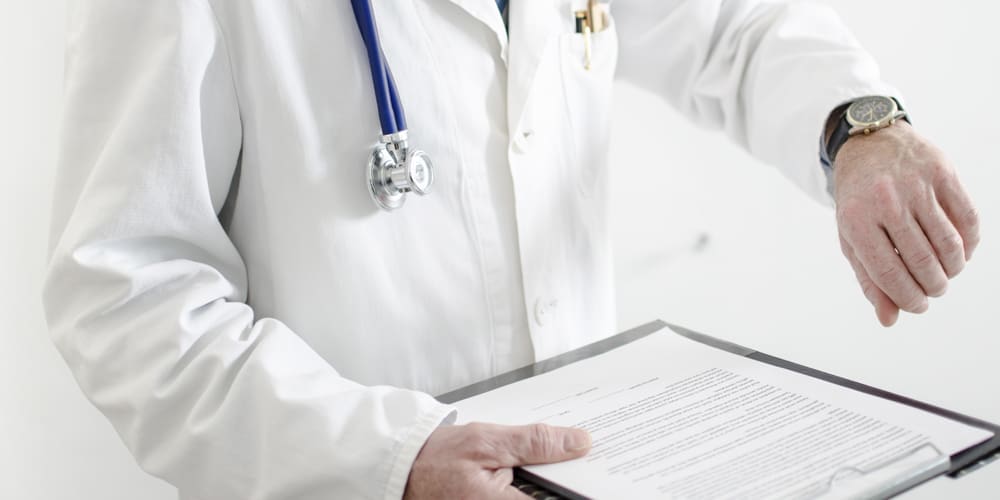
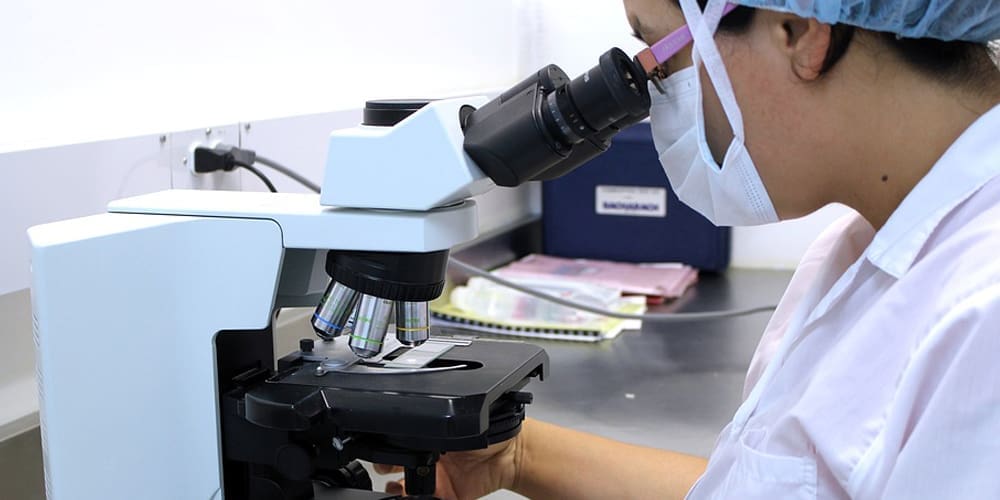

I work at AHF but don’t interact with patients or clients. I understand some of our staff are getting vaccinated. Can I get vaccinated too along with them?
AHF is following state and local guidelines. When a site near you has the vaccine, we vaccinate our staff according to the tiers or phases set by government. That will mean that some of our staff may have to wait longer than other staff. If you don’t fall into a priority category (like healthcare workers, or people over a certain age or with certain medical conditions) may have to wait until your region opens up vaccines to the general public. But we will make the vaccine available as soon as possible within these guidelines.
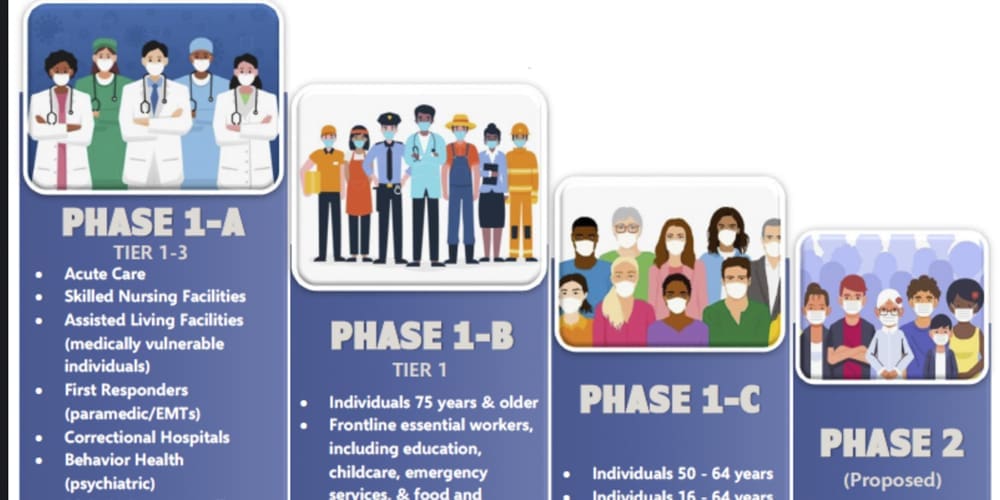
Yes. You are part of the AHF family. We will make the vaccine available to you according to state and local guidelines. See the previous question.
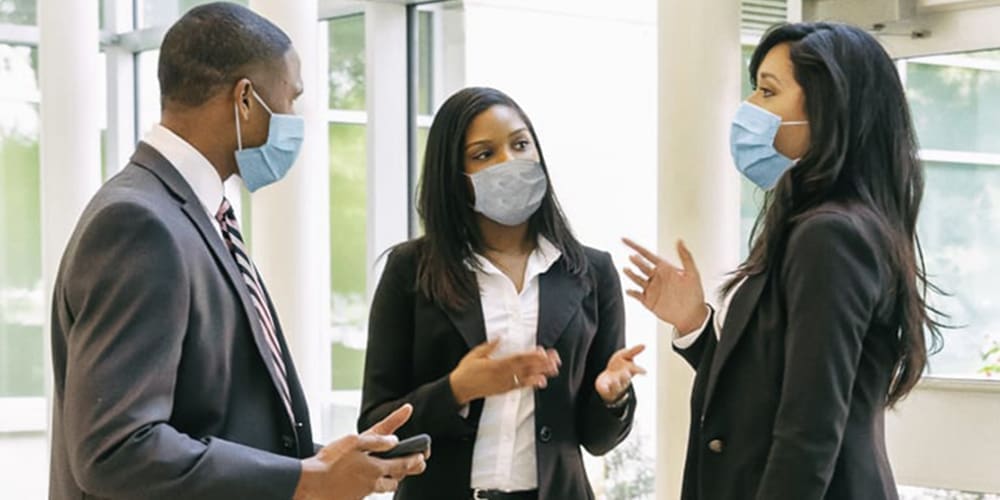
How do we know the vaccination is safe?
Safety is our top priority at AHF. We're confident that the Food and Drug Administration (FDA) and the US Centers for Disease Control and Prevention (CDC) have ensured the safety of the COVID-19 vaccines. The U.S. vaccine safety system ensures all vaccines are as safe as possible.
After a vaccine is approved for use, there are many vaccine safety monitoring systems in place to watch for side effects that may not have been seen during clinical trials. If an unexpected symptom arises, experts quickly study it to decide whether it is a real safety concern.
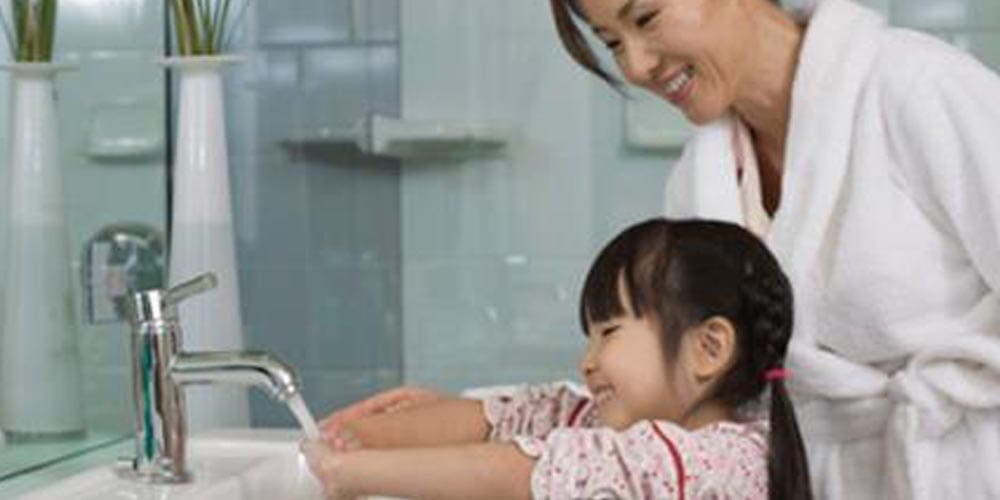
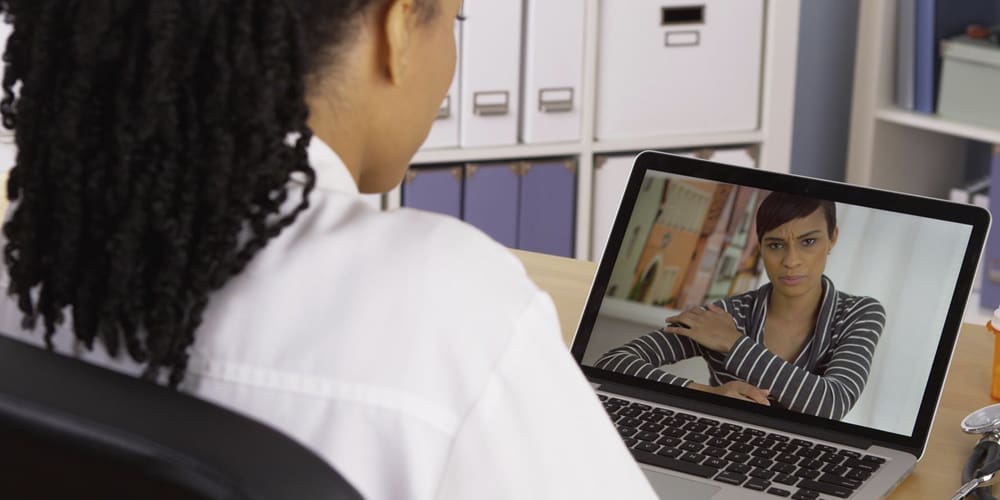
I’m worried about the side effects. What are they?
Side effects include sore arm, mild fever, tiredness, headache and muscle aches. If you have any serious side effect, let your provider know right away. In rare cases, a few people have had a serious allergic reaction. If you have allergies, talk to your provider before getting the vaccine. At AHF, we have equipment and medicines on site to counteract an allergic reaction.
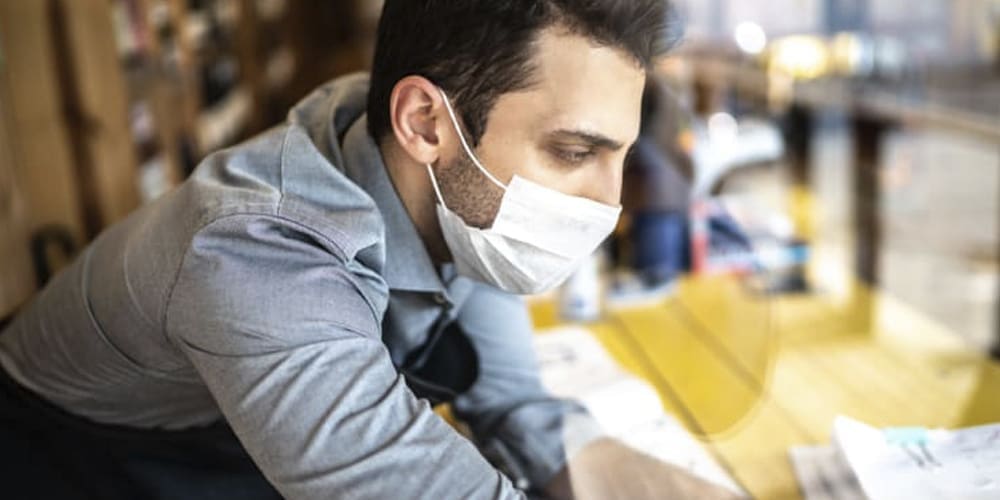
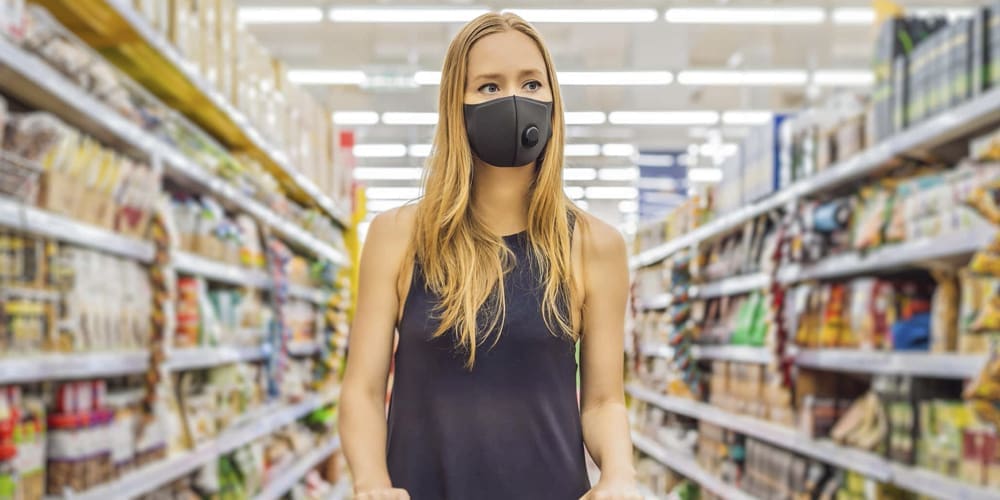
I hear that I need to have two shots - Do I really need two?
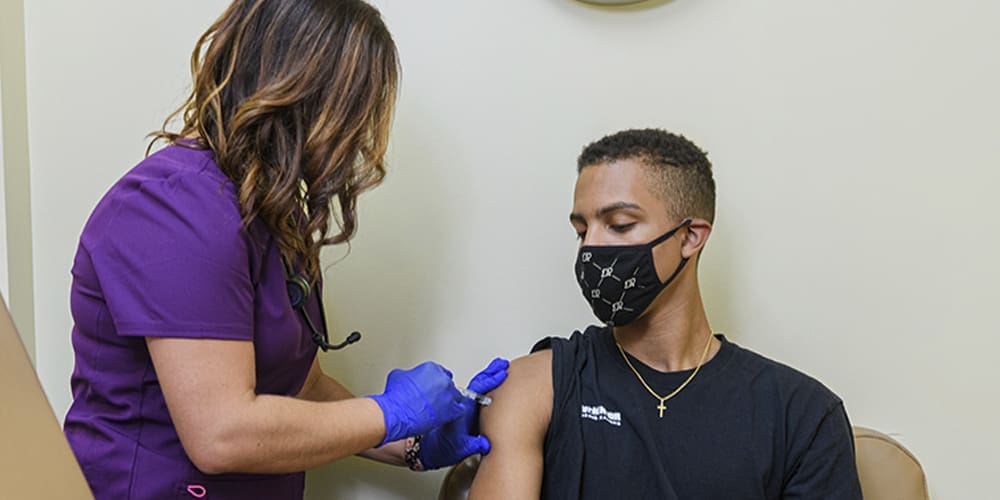
If I can get the vaccine faster from my own healthcare provider or at a pharmacy, should I?
Please get the vaccine as soon as possible, from any trusted healthcare provider – whether AHF or otherwise. The sooner you get the vaccine, the sooner you’ll be protected.

How long will the shot last? Will I need to get it again?
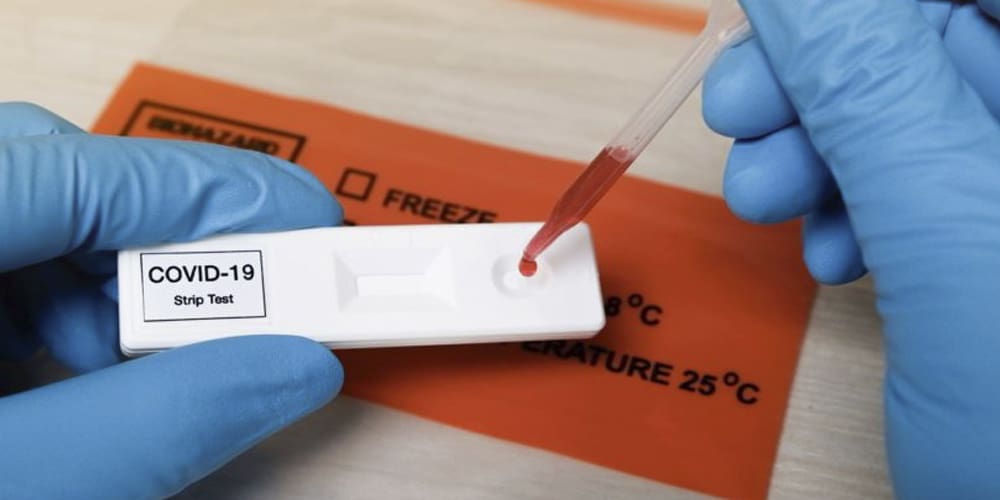
Even though the vaccine trials did not include large numbers of subjects with HIV, most medical experts believe that side effects in people with HIV will not be significantly different from the side effects that they saw in HIV-negative persons. In addition, we believe that the vaccine will be effective and result in high levels of protection against COVID-19 in HIV-positive persons, especially if they are stable on antiretroviral therapy. If your T-cell count is less than 200, if your HIV is not under control or if you have other questions or concerns, you should speak with your medical provider prior to receiving the vaccine.
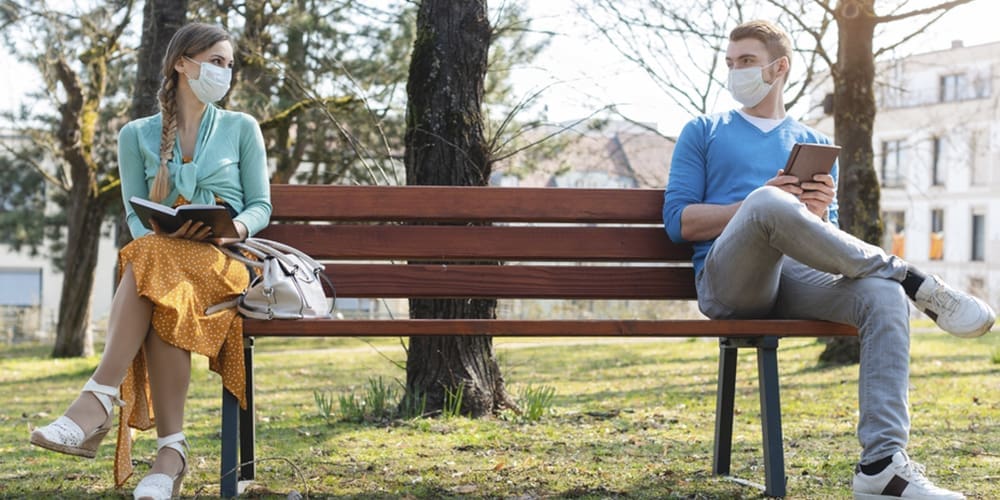
We need to do as much as we can to stop the pandemic. Vaccines boost your immune system, so it will be ready to fight the virus if you are exposed. Like masks and social distancing, other steps help lower your chance of being exposed or spreading the virus. Even more than masks and social distancing, vaccines help lower your chance of catching or spreading the virus.
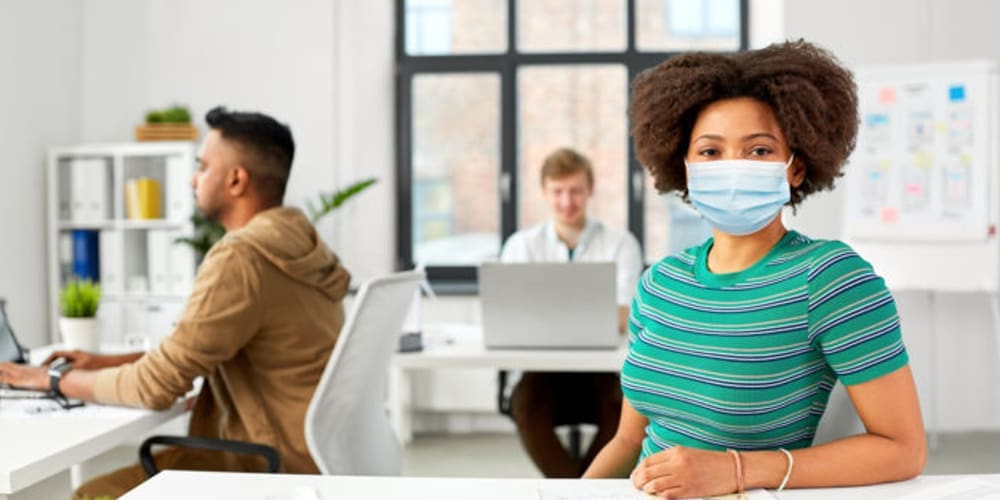
Yes, you still need to mask and follow safety protocols. Even though the vaccine should protect you from getting sick with COVID-19, it is not 100% effective. Also, we just don’t know yet whether, even after getting the vaccine, you could still transmit the virus. Finally, the shot takes a few weeks to be fully effective, because your body needs to develop antibodies. If you get the virus in that time, you could be infectious.
In short, for the safety of your fellow workers and patients, you will need to keep wearing your mask at work and when you are around people who you don’t live with.
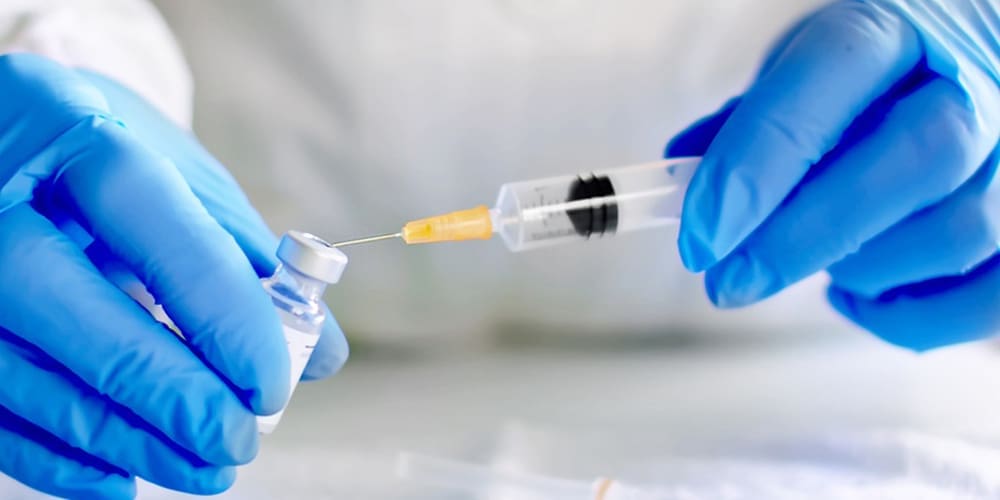
When can I get the shot?

